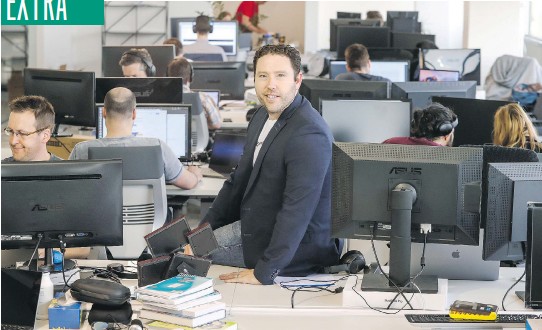Montreal is welcoming leading technologists to the city this week for the C2 (commerce/creativity) conference, just as the city could be on the verge of becoming an international hub for Artificial Intelligence (AI) technology. Capitalizing on this brewing revolution will require governments to drastically alter traditional modus operandi, loosening their grip on the entrepreneurial class and suppressing nationalistic impulses.
Advocating for massive government spending with little restraint admittedly deviates from the tenor of these columns, but the AI business is unlike any other before it. Having leaders acting as fervent advocates for the industry is crucial; resisting the coming technological tide is, as the Borg would say, futile.
The roughly 250 AI researchers who call Montreal home are not simply part of a niche industry. Quebec’s francophone character and Montreal’s multilingual citizenry are certainly factors favouring the development of language technology, but there’s ample opportunity for endeavours with broader applications.
AI isn’t simply a technological breakthrough; it is the technological revolution. In the coming decades, modern computing will transform all industries, eliminating human inefficiencies and maximizing opportunities for innovation and growth — regardless of the ethical dilemmas that will inevitably arise.
“By 2020, we’ll have computers that are powerful enough to simulate the human brain,” said (in 2009) futurist Ray Kurzweil, author of The Singularity Is Near, a seminal 2006 book that has inspired a generation of AI technologists. Kurzweil’s projections are not science fiction but perhaps conservative, as some forms of AI already effectively replace many human cognitive functions. “By 2045, we’ll have expanded the intelligence of our human-machine civilization a billion-fold. That will be the singularity.”

